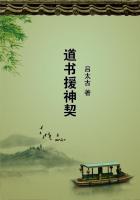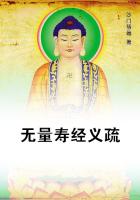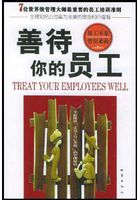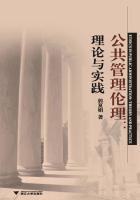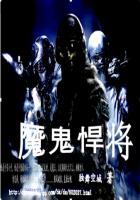We are amazed that intellectual giants, equal to the old Greeks in acuteness and logical powers, could waste their time on the frivolous questions and dialectical subtilties to which they devoted their mighty powers. However interesting to them, nothing is drier and duller to us, nothing more barren and unsatisfying, than their logical sports. Their treatises are like trees with endless branches, each leading to new ramifications, with no central point in view, and hence never finished, and which might be carried on ad infinitum. To attempt to read their disquisitions is like walking in labyrinths of ever-opening intricacies. By such a method no ultimate truth could be arrived at, beyond what was assumed. There is now and then a man who professes to have derived light and wisdom from those dialectical displays, since they were doubtless marvels of logical precision and clearness of statement.
But in a practical point of view those "masterpieces of logic" are utterly useless to most modern inquirers. These are interesting only as they exhibit the waste of gigantic energies; they do not even have the merit of illustrative rhetoric or eloquence. The earlier monks were devout and spiritual, and we can still read their lofty meditations with profit, since they elevate the soul and make it pant for the beatitudes of spiritual communion with God. But the writings of the Scholastic doctors are cold, calm, passionless, and purely intellectual,--logical without being edifying. We turn from them, however acute and able, with blended disappointment and despair. They are fig-trees, bearing nothing but leaves, such as our Lord did curse. The distinctions are simply metaphysical, and not moral.
Why the whole force of an awakening age should have been devoted to such subtilties and barren discussion it is difficult to see, unless they were found useful in supporting a theology made up of metaphysical deductions rather than an interpretation of the meaning of Scripture texts. But there was then no knowledge of Greek or Hebrew; there was no exegetical research; there was no science and no real learning. There was nothing but theology, with the exception of Lives of the Saints. The horizon of human inquiries was extremely narrow. But when the minds of very intellectual men were directed to one particular field, it would be natural to expect something remarkable and marvellously elaborate of its kind. Such was the Scholastic Philosophy. As a mere exhibition of dialectical acumen, minute distinctions, and logical precision in the use of words, it was wonderful. The intricacy and detail and ramifications of this system were an intellectual feat which astonishes us, yet which does not instruct us, certainly outside of a metaphysical divinity which had more charm to the men of the Middle Ages than it can have to us, even in a theological school where dogmatic divinity is made the most important study.
The day will soon come when the principal chair in the theological school will be for the explanation of the Scripture texts on which dogmas are based; and for this, great learning and scholarship will be indispensable. To me it is surprising that metaphysics have so long retained their hold on the minds of Protestant divines.
Nothing is more unsatisfactory, and to many more repellent, than metaphysical divinity. It is a perversion of the spirit of Christian teachings. "What says our Lord?" should be the great inquiry in our schools of theology; not, What deductions can be drawn from them by a process of ingenious reasoning which often, without reference to other important truths, lands one in absurdities, or at least in one-sided systems?
But the metaphysical divinity of the Schoolmen had great attractions to the students of the Middle Ages. And there must have been something in it which we do not appreciate, or it would not have maintained itself in the schools for three hundred years.
Perhaps it was what those ages needed, the discipline through which the mind must go before it could be prepared for the scientific investigations of our own times. In an important sense the Scholastic doctors were the teachers of Luther and Bacon.
Certainly their unsatisfactory science was one of the marked developments of the civilization of Europe, through which the Gothic nations must need pass. It has been the fashion to ridicule it and depreciate it in our modern times, especially among Protestants, who have ridiculed and slandered the papal power and all the institutions of the Middle Ages. Yet scholars might as well ridicule the text-books they were required to study fifty years ago, because they are not up to our times. We should not disdain the early steps by which future progress is made easy. We cannot despise men who gave up their lives to the contemplation of subjects which demand the highest tension of the intellectual faculties, even if these exercises were barren of utilitarian results. Some future age may be surprised at the comparative unimportance of questions which interest this generation. The Scholastic Philosophy cannot indeed be utilized by us in the pursuit of scientific knowledge; nor (to recur to Vaughan's simile for the great work of Aquinas) can a mediaeval cathedral be utilized for purposes of oratory or business. But the cathedral is nevertheless a grand monument, suggesting lofty sentiments, which it would be senseless and ruthless barbarism to destroy or allow to fall into decay, but which should rather be preserved as a precious memento of what is most poetic and attractive in the Middle Ages.

